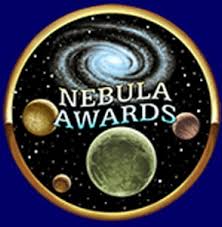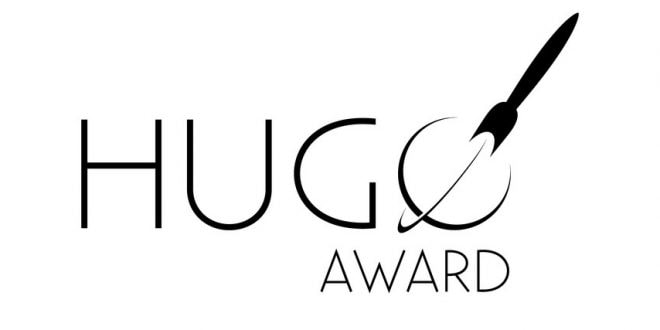
It’s awards season, and BSFWers are up for some. Does that include you? Maybe! Here are some of the basics:
The two big awards are the Hugos [named after early SF publisher Hugo Gernsback] and the Nebulas. [No, we won’t explain that one. I mean, LMGTFY.]
The Nebulas are awarded by SFWA, the Science Fiction and Fantasy Writers of America. Nebula eligibility - both for voters and for stories - is more restrictive than Hugo eligibility, but easier to determine.
The Hugos are awarded by the World Science Fiction Society, and they are wide open – both in terms of who can vote, the number of categories, and the works and recipients that are eligible.
Nebulas are awarded by SFWA’s membership. SFWA’s members are “professional writers of SFF” - that is, folks who have made a certain number of sales in “qualifying markets” or made more than a certain amount of money selling their work. Both full members and associate members (who have made fewer sales) can vote. Here are the big Nebula eligibility rules:
- Only a full or associate member may nominate a work.
- The categories are short stories, novelettes, novellas, novels, and game writing in fantasy and science fiction.
- Works like graphic novels and podcasts may be considered, but they will be placed in one of the above categories at SFWA’s discretion.
- The works must have been published in English, in the United States or on the Internet, in that year. The precise phrase is “first available to the general public.”
- Games must include at least one person credited specifically as a writer
- In addition to the main awards for fiction, there are three other awards:
- Game Writing
- Dramatic Presentation
- Outstanding Young Adult fantasy or science fiction
Hugos and the World Science Fiction Society are…different. The World Science Fiction Society is less a freestanding club than it is a neural-network-distributed, ad hoc organization to create the Worldcon and award the Hugos for the next year. To Wikiquote:
WSFS has no standing officers, only small standing committees, and a large membership composed of the members of the current Worldcon. Its main activities are running the selection (voting) process for the annual convention and various awards. The conventions themselves are run by non-profit, volunteer fan organizations, who bid to host the event.
The WSFS constitution and the Hugos eligibility can change every year, and there have been attempts to game the Hugo nomination/voting process in the past. However, the Hugos are both a (slightly) bigger deal than the Nebulas and more open to campaigning and to newcomers. Anyone who attends the Worldcon (or has a membership to attend) can nominate and vote for works published in the previous year.
- The works may have been published anywhere in the world, in any language.
- Works published in languages other than English get to be eligible twice – in their year of original publication, and in the year of their translation
- There are no publication restrictions – self-published works are just as eligible as something from Tor or Penguin.
- Along the same lines, medium of distribution has nothing to do with a work’s eligibility –hardcover, Internet, or carrier-pigeon scroll, it doesn’t matter what format first carried the work.
- Works of science fiction, fantasy, and horror are all eligible if the voters think they are. [In the past, some attendees nominated Chuck Tingle’s self-published dinosaur erotica.]
- There’s a special John W. Campbell Award for Best New Writer, but it is not part of the Hugo process – it’s just awarded at the same time, and it has its own rules and website.
- There are fan categories – best fanzine, best semiprozine, etc. – that may be of interest to newer writers.
- The last day to join Worldcon and vote is December 31, 2018.
Ted Rabinowitz
After working as a story analyst, producer, and professional gambler, Ted Rabinowitz (a.k.a. Ted Mendelson) now writes marketing copy and speculative fiction, two entirely different kinds of imaginative literature. Ted is the author of The Wrong Sword, a comic fantasy. His latest short story, A Dog of Wu, appears in the March/April 2018 issue of The Magazine of Fantasy & Science Fiction.



 RSS Feed
RSS Feed